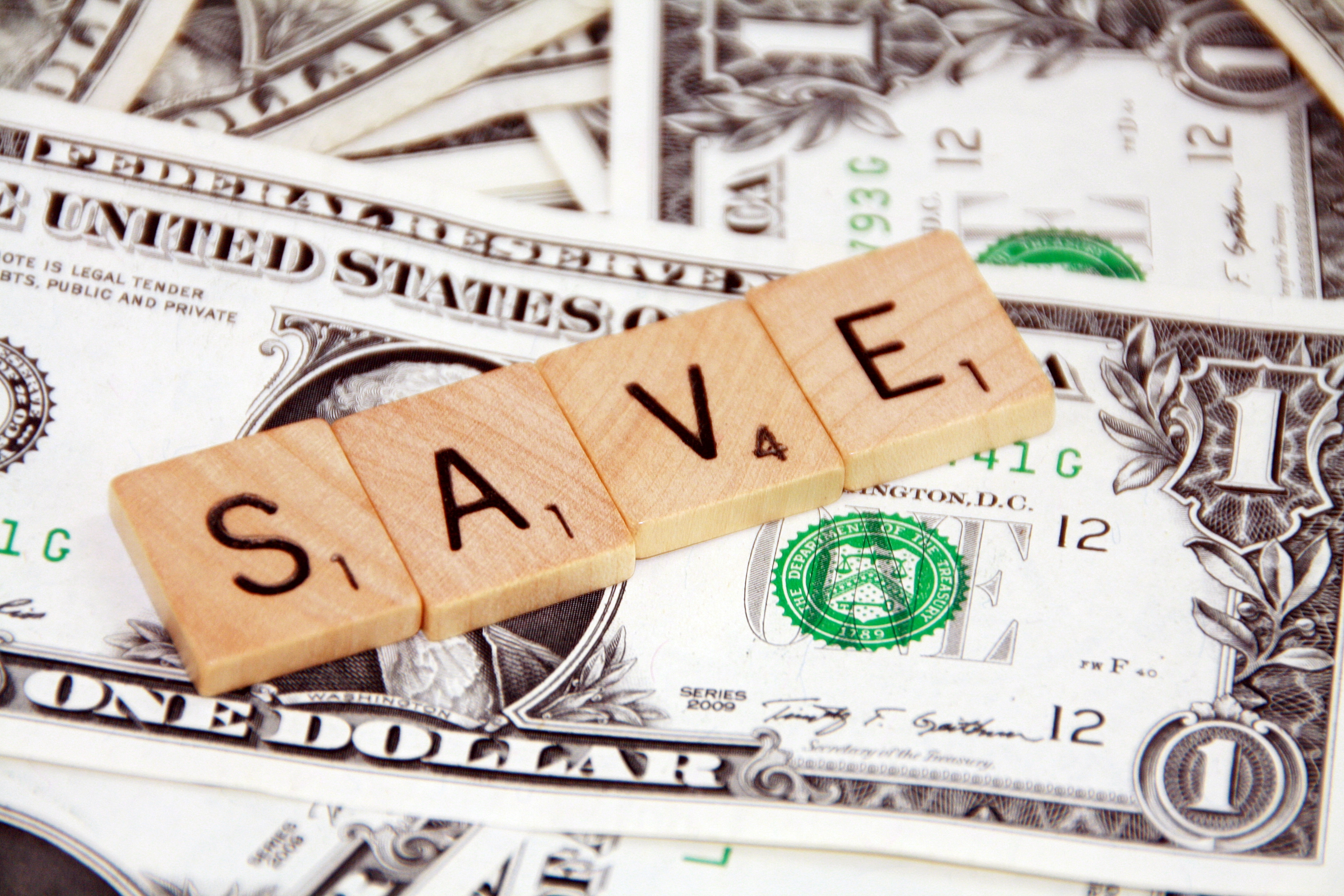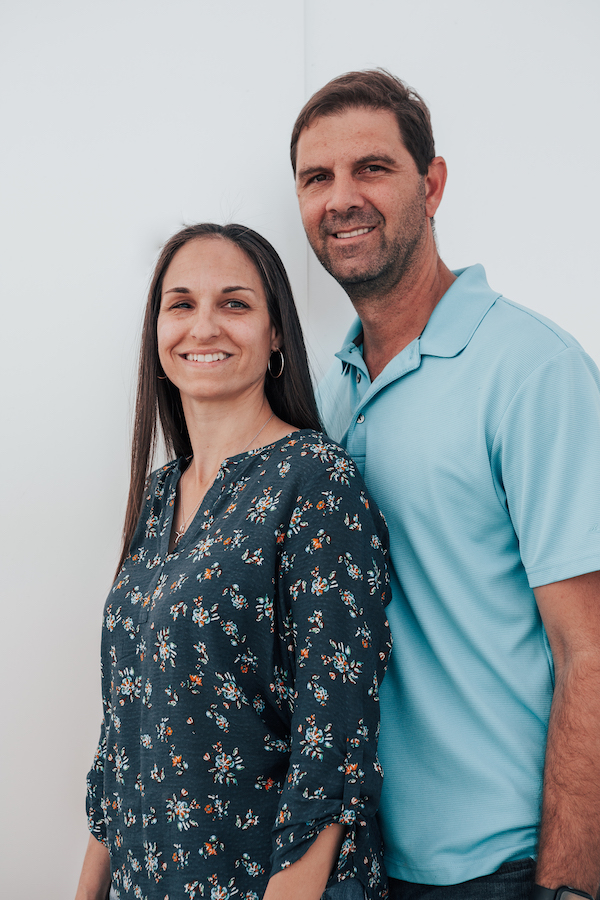Becoming a homeowner is a tremendous accomplishment. It is a major component of realizing the American Dream. In today's Phoenix Metro market, it's actually cheaper to pay a mortgage than it is to pay rent. The biggest reason why people are renting versus owning is due to a lack of adequate credit. (Check out this post on how to increase your credit score: 4 Simple Solutions to Improve Your Credit Score). The second biggest reason is not having an adequate savings for the upfront costs of buying a home. But what are the upfront costs? Having an understanding of what the purchase process looks like will help you prepare a savings fund that will enable you to buy a home sooner. There are five major costs to buying a house that will require you to have some cash up front..
 1. Earnest Deposit
1. Earnest Deposit
An earnest deposit will vary in amount, with the largest factor being the cost of the home. The earnest deposit can essentially be any amount the buyer and seller negotiate. The purpose is to show the seller that you are a serious willing and able buyer, and that you intend to follow through with the purchase. It is also known as a good faith deposit. If a buyer decides to back out of the deal for an invalid reason, the seller gets to keep the earnest deposit. If the buyer follows through with the purchase, the earnest deposit goes toward the down payment of the home. Typically, sellers like to see at least a 1% earnest deposit, but buyers can sometimes get away with offering less. The more you offer, the stronger your offer will look to the seller. Talk to your Realtor about your options and they can help guide you in deciding what to offer as an earnest deposit. The earnest money is due immediately upon an executed contract (accepted offer) and is deposited with the escrow company either on the same or next business day.
2. Home Inspection
Once under contract, the buyer has an allotted time frame to conduct a home inspection. It is wise to hire a professional, licensed home inspector who knows what to look out for. The cost of a home inspection will depend on the size of the home and the scope of the inspection. Basic inspections can range from about $300-$500 for an average size home. If you require additional inspections such as a roof, pool, chimney, or well inspection, expect to pay extra. Homes in excess of 3000 sq ft might also see a higher cost for the inspection.
3. Appraisal
While the lender orders the appraisal, the buyer will pay for it. Again, the cost of an appraisal will vary depending on the size and location among other factors. The average single family dwelling will cost approximately $400 for an appraisal. Smaller homes and condos might see a lesser amount while larger homes might see a higher amount. The appraisal fee can be charged at different points in the transaction depending on the lender's preference. Some will request the payment be made at time of appointment and others will ask for payment at time of closing.
4. Down Payment
There are many different types of loans that all require a different down payment amount. Conventional loans require a DP amount of 20%. Some conventional loans can have a DP as low as 5%, but the borrower will be required to purchase mortgage insurance at that point. FHA loans are the most typical loan type and they require a down payment of at least 3.5% while VA loans have a zero DP requirement. If not having a down payment is the biggest reservation you have about buying a home, contact a lender (your Realtor can get you in touch with a lender if you don't know one) and they can see if you qualify for one of the many programs available that have a low or no down payment requirement.
5. Mortgage Origination Fees, Title Insurance, Title Fees, and Homeowner's Insurance
There is no rule of thumb on what each of these might cost, as they vary from company to company. These fees are all due at time of closing.
Now that you know what it will cost to buy a home, you can begin setting money aside so you have the funds available when you're ready to start looking for a home. If you are unsure whether you have the necessary funds, reach out to a lender and they can help you determine if you are able and what loan option would be best. If you don't know a reputable lender, contact Heather or Brian Petree for a reference.
